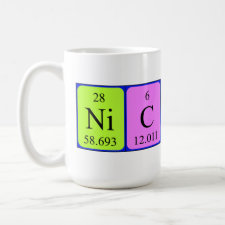
Authors: Oral E, Peppas NA
Article Title: Dynamic studies of molecular imprinting polymerizations.
Publication date: 2004
Journal: Polymer
Volume: 45
Issue: (18)
Page numbers: 6163-6173.
DOI: 10.1016/j.polymer.2004.06.059
Abstract: Mechanisms of interaction of a three-dimensional polymer with solutes are of interest in the development and function of synthetic biomimetic polymers. We have investigated the effects of template/monomer interactions and template concentration on conversion and polymerization rates of a molecularly imprinted polymer. Copolymers of 2-hydroxyethyl methacrylate (HEMA) and poly(ethylene glycol) dimethacrylate (PEG600DMA) were prepared in the presence of glucose. The polymerization reaction kinetics of non-imprinted networks as well as those imprinted with glucose at concentration ratios of [HEMA]/[Glucose] between 11 and 1 were monitored in situ by ATR-FTIR spectroscopy and differential photocalorimetry (DPC). The rates of polymerization for imprinted polymers showed an early lag period followed by a late autoacceleration, indicative of the complexation between monomer and template. Hydrogen-bonding was also observed using FTIR through the CO (carbonyl) bond of the monomers by FTIR. A significant effect of the template on conversion and polymerization rate of imprinted polymers was observed compared to non-imprinted ones. These values provide guidelines for kinetic models of interacting systems



Join the Society for Molecular Imprinting

New items RSS feed
Sign-up for e-mail updates:
Choose between receiving an occasional newsletter or more frequent e-mail alerts.
Click here to go to the sign-up page.
Is your name elemental or peptidic? Enter your name and find out by clicking either of the buttons below!
Other products you may like:
 MIPdatabase
MIPdatabase









